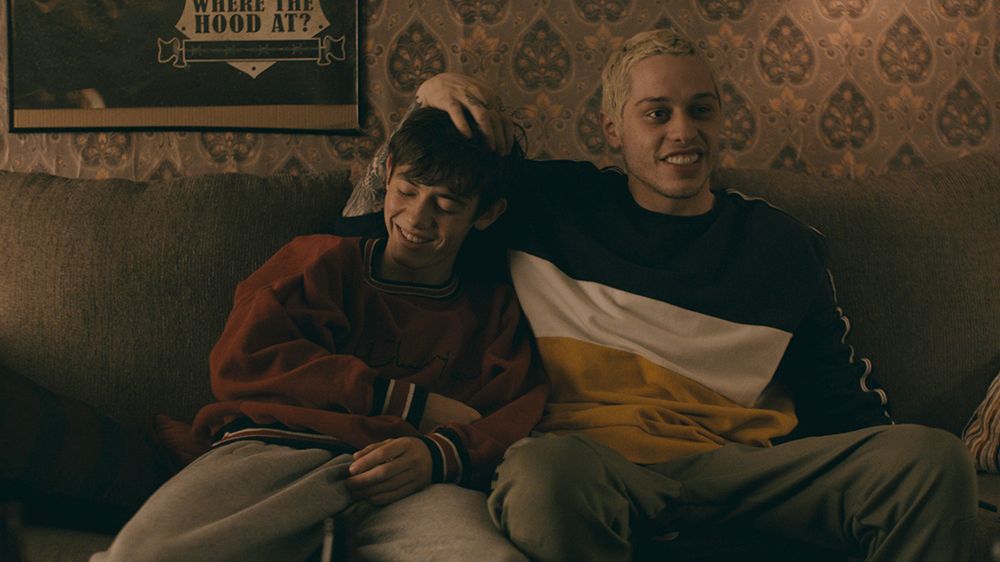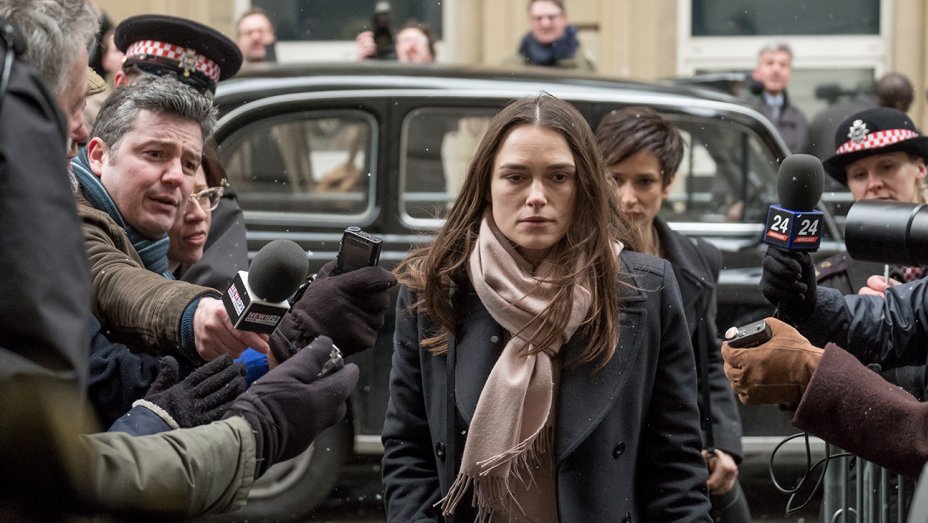Read also:
How to Watch FX Live Without CableHow To Watch AMC Without CableHow to Watch ABC Without CableHow to Watch Paramount Network Without CableDay 2 of the Sundance Film Festival featured two hot messes and one that’ll leave you cold.
It isn’t until the first full day of a festival that you get into the swing of things—“things” here meaning a diet of all carbs and espresso. It’s like the traditional university experience I never had. You know what those state school dwellers didn’t get? A trio of very Sundance Sundance movies in one day.
First up was Brittany Runs a Marathon, the feature debut from writer/director Paul Downs Colaizzo. It ticks many a box: a late-20s/early-30s-something who can’t get her life on track, dry humor, and an endearingly simple premise. That premise, as you could probably guess, is that Brittany (Jillian Bell) runs a marathon. Rather, she wants to run one. She’s just short of a hot mess in that she has the self-awareness this type of character would normally lack. In fact, she just wants to make people laugh, albeit not at the expense of herself. She can at times feel like little more than a collection of tics and traits, but they’re brought to life winningly by Bell in a performance that reminds us just how underused she really is. She carries the film from the start to finish.
As for the rest of the film? Well, it’s about what you’d expect, oscillating between pluckiness and stagnation to lessening effect. Colaizzo’s script starts out tidy enough but unravels after the first hour, and for a film that could work at 85 to 90 minutes, Brittany is about 20 too long. There are too many subplots, too much attention to the peripheries, and an eventual shift from sarcastic to saccharine that feels inauthentic. That said, we do get a decent sense of Brittany’s life, and the film’s nuggets of success come from watching its dynamics shift over the film. Its heart is in the right place, but its head is too scattered.

After the hot mess that was Brittany, I met another hot mess in the form of Mo (Griffin Gluck), the sweet li’l protagonist of Jason Orley’s Big Time Adolescence. When he was 10, he would hang out a lot with his older sister, Holly (Sydney Sweeney) and her boyfriend, Zeke (Pete Davidson). Fast-forward six years and Holly has matured substantially while Zeke has only worsened into the type of arrested development usually seen in early-2000s stoner comedies. Mo, however, sees him as aspirational—a poster boy for toxic masculinity who makes them both peel at the corners.
The film doesn’t say a ton of new things here, but that’s surprisingly easy to overlook. Big Time Adolescence flickers best at its quietest moments, and with its low-key visual style, there’s a pointed dullness to the kids’ exploits that correlates with their brand of ersatz empathy. The cast, however, is largely to thank here. Davidson’s performance straddles obnoxiousness and charisma, giving a backwards humanity to a detestable character without apologizing for him, and Oona Laurence (The Beguiled, The Nice Guys) creates a much-needed illusion of depth to one of the film’s several half-baked female characters. Yes, the women here are quite dull, and the movie doesn’t seem to know it.
As Orley brings us farther across Mo’s journey, he relies too much on comedy that underplays the themes at hand. Then he tosses in some moral lessons that, while accurate, make some characters feel like vending machines to hand out the film’s lessons. Big Time Adolescence never reaches its potential, but it often enough feels “real,” largely in its first two thirds. And that’s mostly what it’s aiming for.

After two hot messes comes what? A tundra, it would appear. The third film of the day was Gavin Hood’s (Ender’s Game, Eye In the Sky) Official Secrets, which tells the true story of one Katharine Gun, a British Intelligence whistleblower who slipped an NSA document over to the press during the 2003 invasion of Iraq. Keira Knightley plays Gun here with the same vigor that’s essentially become her brand at this point. All the while, Hood directs the film more ploddingly than anything else, ending with a film that doesn’t uncover much of anything.
Funnily enough, Official Secrets has the gall to call out “smug stares” and “sullen speeches,” and this is especially rich given what a stagnant film Hood has made. He directs scenes with the shouty “this is important” bombast just in case you miss the scenes where characters plainly say, “This is important!” Yes, this sabotages the narrative, but it’s the most oppressive in filmmaking. So much is stuck in a proscenium: in its editing, in its music, in the greys that drown every scene. In the end, little feels discovered. It feels lectured.